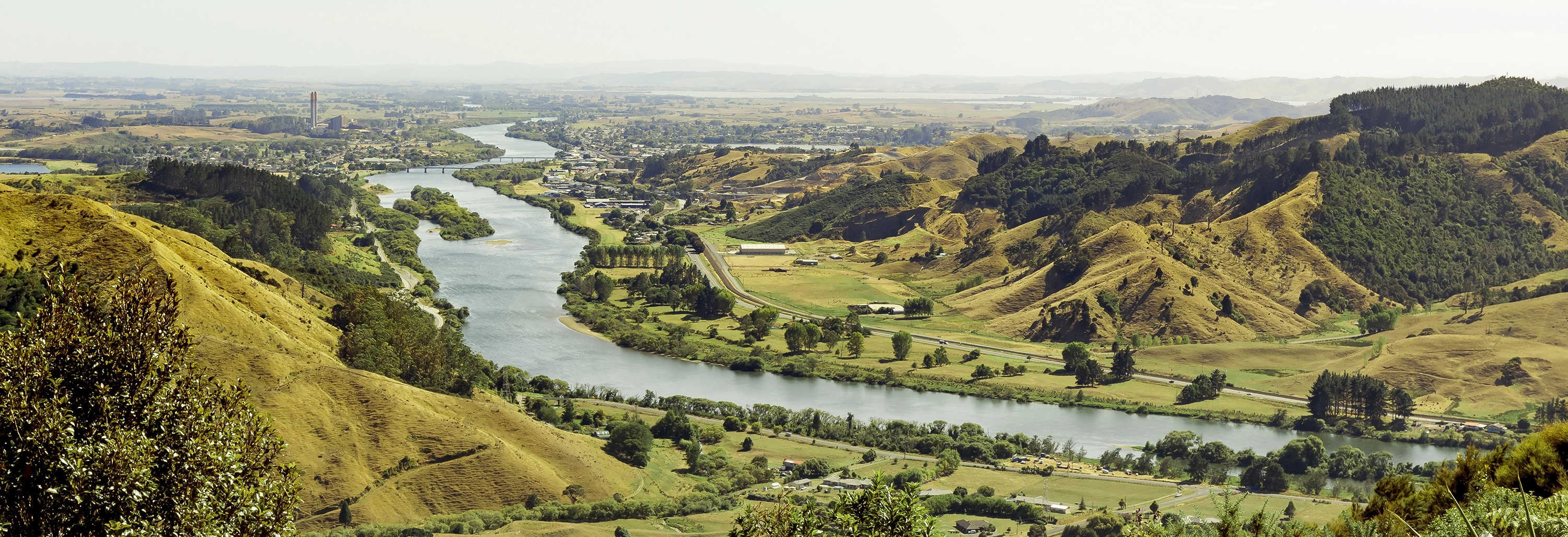Geography

Why study Geography?
The Geography programme at Waikato specialises in human geography and is ranked among the best geography programmes globally.
We offer papers in environmental planning, and geographic information systems as well as in social and cultural geography. A number of the papers have particular emphasis on Māori and feminist perspectives, and the social, economic and political processes that produce them. We'll get you to understand and consider solutions for the world's rapid changes caused by development, tourism, globalisation, environmental degradation, population growth and consumption.
Geography at Waikato goes beyond the classroom and opens you up to numerous career opportunities. Upon graduation, our students pursue careers in urban and regional planning, regional economic development, travel and tourism development, environmental consultancy, as well as the property and housing industry and local government.
Career opportunities
- Cartographer
- Consultant
- Environmental Manager
- Immigration Policy Analyst
- Researcher
- Urban or Regional Planner
Hamilton, Tauranga, Online
For more information about subject requirements, please refer to the Subject Regulations below for the most up-to-date information.
If you have any questions or need more advice, contact one of our friendly student advisors at phone: 0800 800 145 or +64 7 838 4080, or by email: arts_admin@waikato.ac.nz
Subject regulations
Geography papers
Scholarships and prizes
Visit our Scholarship Finder for information about possible scholarships.